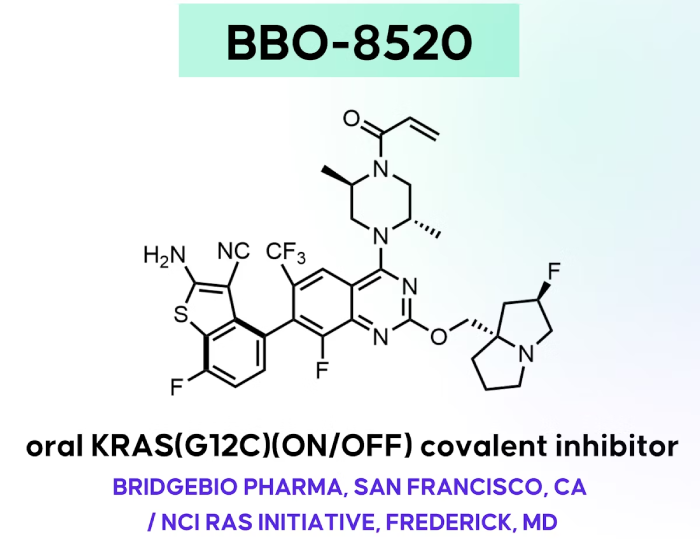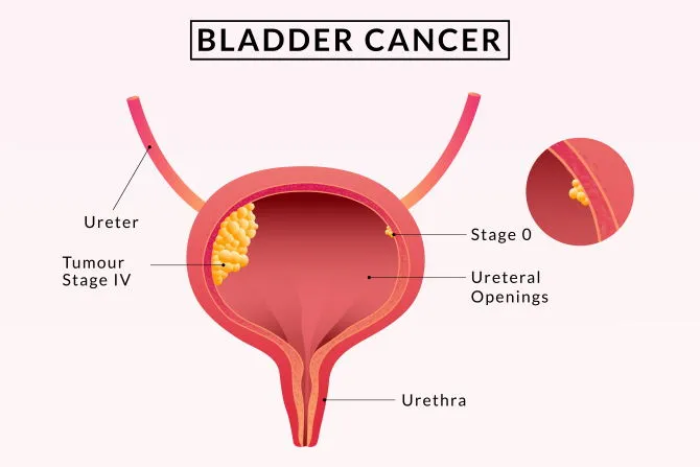Study Summary:
This study investigates the impact of modifying a high-fat, low-carbohydrate (LC) diet by replacing cellulose with chitosan and adding fish oil to assess its effects on lipid metabolism in rats. The experiment involved 35 six-week-old male SD rats, which were divided into five groups:
Normal Control Diet (ND)
High-Fat Diet (HF)
High-Fat, Low-Carbohydrate Diet (LC)
LC with 5% Chitosan (LC-CH)
LC with 5% Chitosan and 5% Fish Oil (LC-CHF)
The rats were fed their respective diets for 15 weeks. The primary outcomes measured were body, liver, and adipose tissue weights, liver enzyme activity, levels of liver enzymes (ALT, AST), inflammation markers (TNF-α), cholesterol levels, and the regulation of fat synthesis and breakdown.
Key Findings:
High-Fat Group (HF): This group exhibited the highest liver weight, indicating fatty liver development. This is consistent with the known adverse effects of high-fat diets on liver health.
Low-Carb (LC) Group: The LC group displayed the highest adipose tissue weight, which suggests that while reducing carbohydrates, the fat content in the diet still led to increased fat storage.
LC with Chitosan (LC-CH) and LC with Chitosan and Fish Oil (LC-CHF) Groups: These groups showed significant improvements compared to the high-fat diet alone. Specifically:
LC-CHF had reduced body weight, liver weight, and adipose tissue weight.
Improved Metabolic Markers: The addition of chitosan and fish oil to the LC diet lowered ALT, AST, and TNF-α levels, which are associated with liver damage and inflammation. Cholesterol levels also decreased, indicating a positive effect on lipid metabolism.
Fat Breakdown: The LC-CHF group demonstrated enhanced fat breakdown in adipose tissue, as evidenced by reduced adipocyte size, suggesting that the combination of chitosan and fish oil helps to improve fat metabolism.
Liver Function: The combination of chitosan and fish oil also improved liver enzyme activity and fat synthesis regulation, which is crucial for preventing fatty liver disease.
Conclusions:
The study concludes that a modified high-fat, low-carbohydrate diet enriched with chitosan and fish oil can improve obesity and fatty liver conditions in rats, compared to a standard high-fat diet. The combination of chitosan and fish oil appears to play a pivotal role in regulating fat metabolism and reducing fat accumulation, making it a promising dietary modification for managing metabolic disorders like obesity and fatty liver disease.
Commentary by YourDailyFit columnist Alice Winters:

This study offers a promising exploration of dietary modification for managing obesity and liver-related disorders. The integration of chitosan and fish oil into a high-fat, low-carbohydrate diet is particularly intriguing, as it addresses two key concerns in modern nutritional science: obesity and fatty liver disease. Let’s delve into the critical aspects and implications of this research.
Ingredient Analysis: Chitosan and Fish Oil
Chitosan, a natural fiber derived from the shells of crustaceans, has long been associated with weight management due to its purported ability to bind fat molecules and reduce fat absorption. While chitosan has not consistently demonstrated strong results in human clinical trials, its inclusion in this rat study seems to align with its potential to impact lipid metabolism positively. The significant reduction in adipose tissue and liver weight in the LC-CHF group suggests that, when paired with other functional ingredients, chitosan may offer benefits in terms of fat reduction and liver health.
Fish oil, rich in omega-3 fatty acids, has well-established benefits for cardiovascular health, anti-inflammatory properties, and fat metabolism. The reduction in liver enzyme levels (ALT, AST) and cholesterol seen in the LC-CHF group underlines the efficacy of fish oil in improving metabolic markers, which is promising for its broader health implications.
Formulation and Metabolic Impact
The study’s design—particularly the combination of chitosan and fish oil—highlights a significant trend in modern supplementation: the use of multi-ingredient formulations that target multiple pathways of metabolic improvement. By enhancing fat breakdown (lipolysis) and reducing fat accumulation, this formulation addresses the dual concerns of fat storage and fatty liver disease simultaneously. However, it should be noted that while these results are compelling in animal models, the translation to human health is not always straightforward. More studies, particularly on humans, are needed to validate these findings.
Moreover, the fact that these positive outcomes were observed in a high-fat, low-carbohydrate context indicates a nuanced approach to dietary intervention. Rather than advocating for extreme carbohydrate reduction, the study suggests a more balanced approach where fat composition (via fish oil) and fiber (via chitosan) may hold the key to improving metabolic health. This aligns with emerging trends that recommend healthier fats (like omega-3s) over processed, saturated fats, a message that consumers should heed.
Broader Implications for Human Health
While the study’s results are promising, especially for managing metabolic syndrome, obesity, and fatty liver disease, it is important to consider the broader context of such dietary strategies. The high-fat, low-carb approach is not universally recommended for all individuals, especially those with certain pre-existing conditions such as kidney disease or those at risk for cardiovascular problems. Additionally, any recommendations for supplementation should consider the potential for allergen sensitivities—particularly for those who may have shellfish allergies in the case of chitosan.
Consumers may also wonder about the practicality and taste of the combined supplement of chitosan and fish oil in their daily diets. While supplements are often an easy solution, the integration of fish oil may pose challenges due to its strong flavor and potential gastrointestinal issues, which should be carefully considered by supplement manufacturers and consumers alike.
Final Thoughts
This study highlights an interesting and potentially impactful modification to the high-fat, low-carbohydrate diet. By combining chitosan and fish oil, it proposes a dual-action approach to combat obesity and fatty liver conditions. However, while the results in rats are promising, more research, especially in human clinical trials, is required to understand the full scope of these findings. Furthermore, the diet’s broader applicability to the general population remains to be fully explored. For now, it offers intriguing insights into the synergy of certain nutrients in regulating metabolic health.



